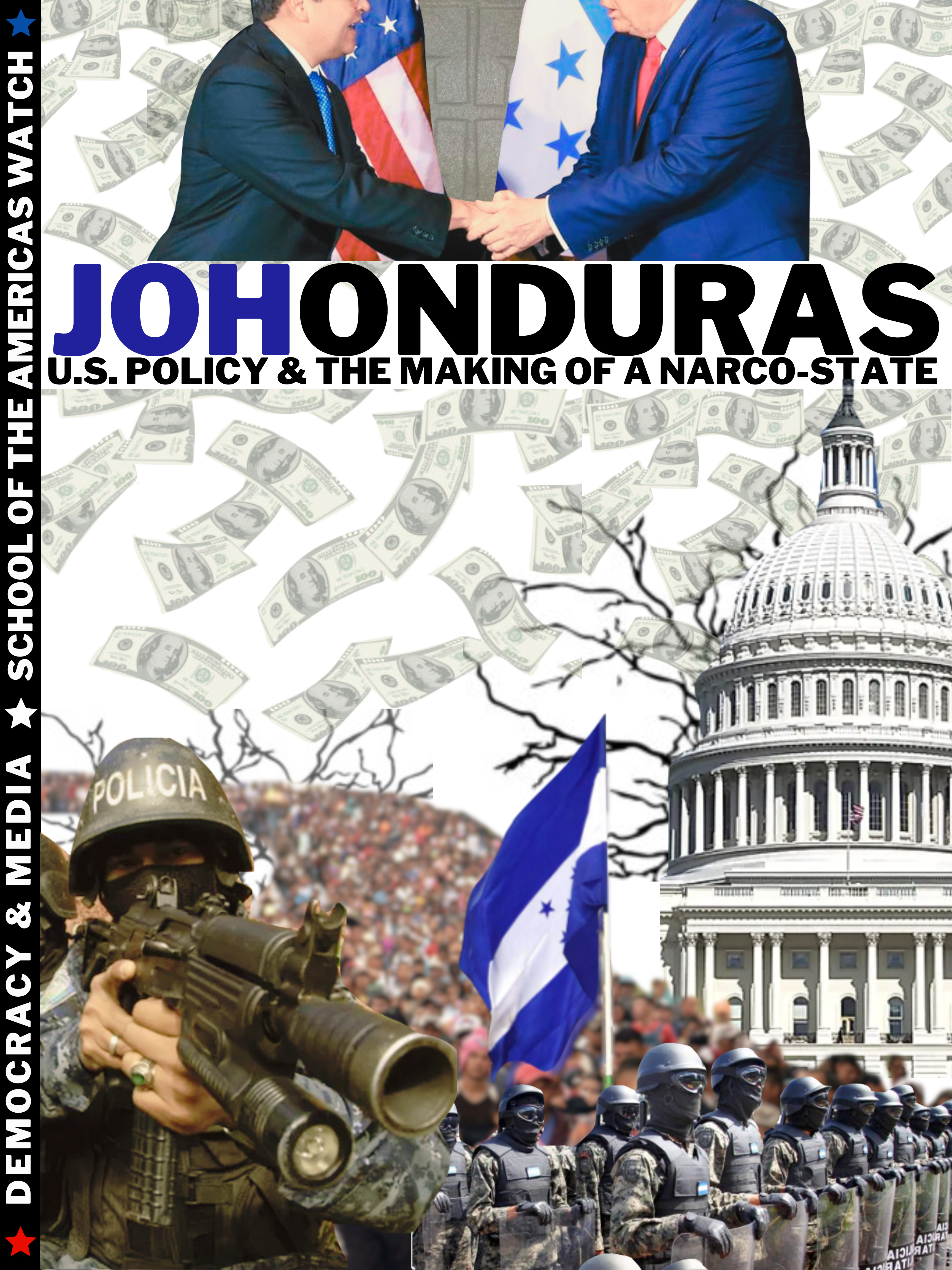The Ixil Genocide Case, targeting Manuel Benedicto Lucas García for genocide against the Maya Ixil people during General Fernando Romeo Lucas García's government (1978-1982), commences on March 25. The case marks the third genocide trial initiated by AJR. Approximately 150 survivors are expected to testify. Michelle Liang of NISGUA urges reflection on the US role in the genocide, highlighting its support for the Guatemalan military and police, which perpetuated violence against indigenous populations. The trial underscores Guatemala's post-conflict pursuit of justice, following the Interdiocesan Project of Recuperation of Historical Memory and the CEH's work. The case details the atrocities committed, including massacres and forced disappearances, and outlines the evidence gathered, including forensic reports and military documents. The ongoing trial faces challenges, including potential judicial interference and risks to witnesses. Organizations are urged to support the pursuit of justice and ensure accountability for the atrocities committed during Guatemala's internal armed conflict.
- Home
- About Us
- Issues
- Countries
- Rapid Response Network
- Young Adults
- Get Involved
- Calendar
- Donate
- Blog



